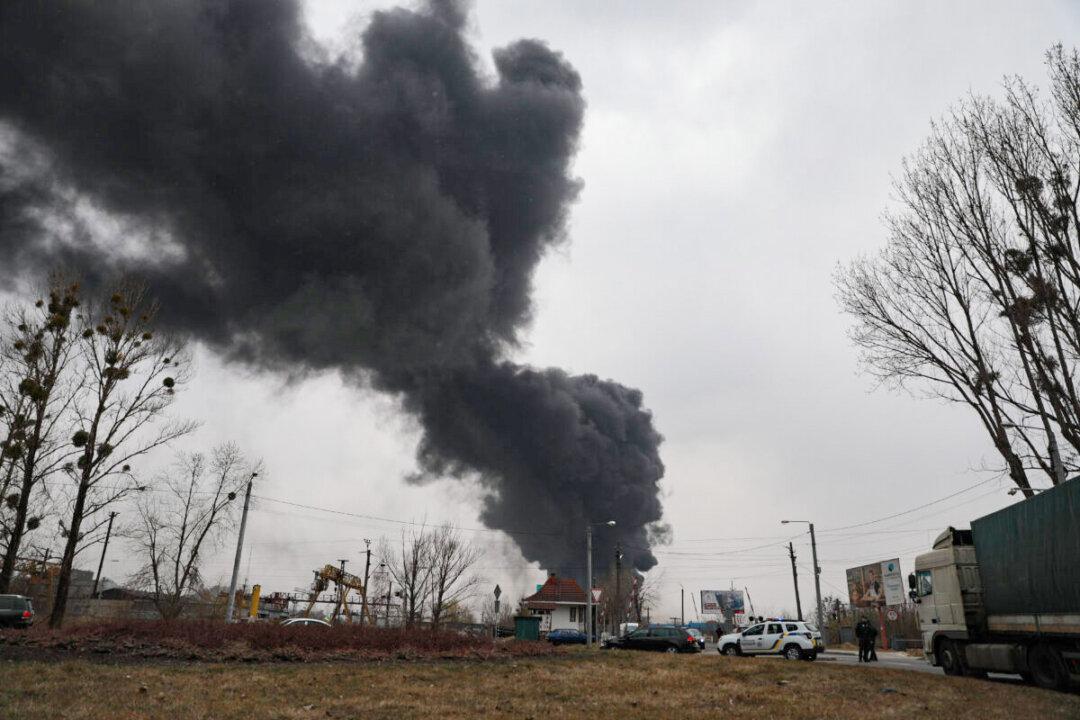Commentary
“This is a murder!” Ukraine’s President Volodymyr Zelenskyy showed Congress a two-minute video that made the heart-wrenching reality of Russia’s war on Ukraine inescapably plain for all to see.

“This is a murder!” Ukraine’s President Volodymyr Zelenskyy showed Congress a two-minute video that made the heart-wrenching reality of Russia’s war on Ukraine inescapably plain for all to see.